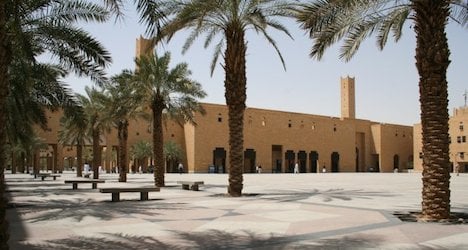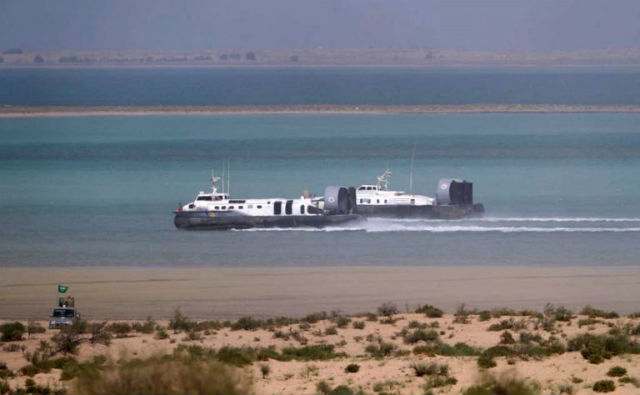According to a report from Bloomberg, the Austrian judiciary may be considering disciplinary action against Bandion-Ortner for comments she made in an interview with Profil magazine, in which she dismissed criticism of Saudi Arabia's egregious record of judicial executions as "nonsense."
A spokesperson for the Justice Ministry, Dagmar Albegger, told Bloomberg that Bandion-Ortner "may have violated her obligations as a member of the judiciary with [her] comments."
Bandion-Ortner is on leave from her position as a judge while she works for the tax-exempt Saudi NGO based in Vienna, known as the King Abdullah Bin Abdulaziz International Centre for Interreligious and Intercultural Dialogue. She was named justice minister in 2009 by the conservative Austrian People's Party (ÖVP).
When asked about the executions, she said “That’s not every Friday, that’s nonsense. But whatever, I’m against it anyway.”



 Please whitelist us to continue reading.
Please whitelist us to continue reading.
Member comments